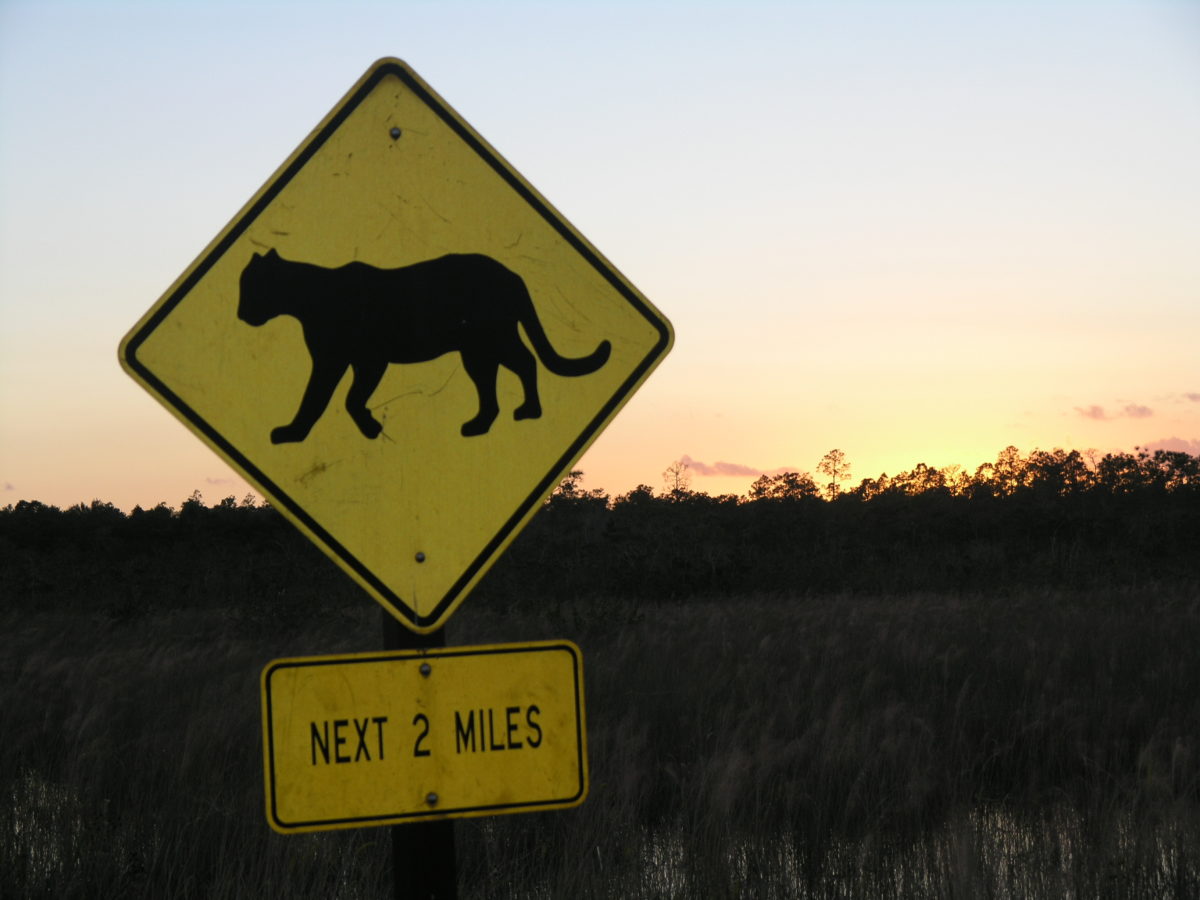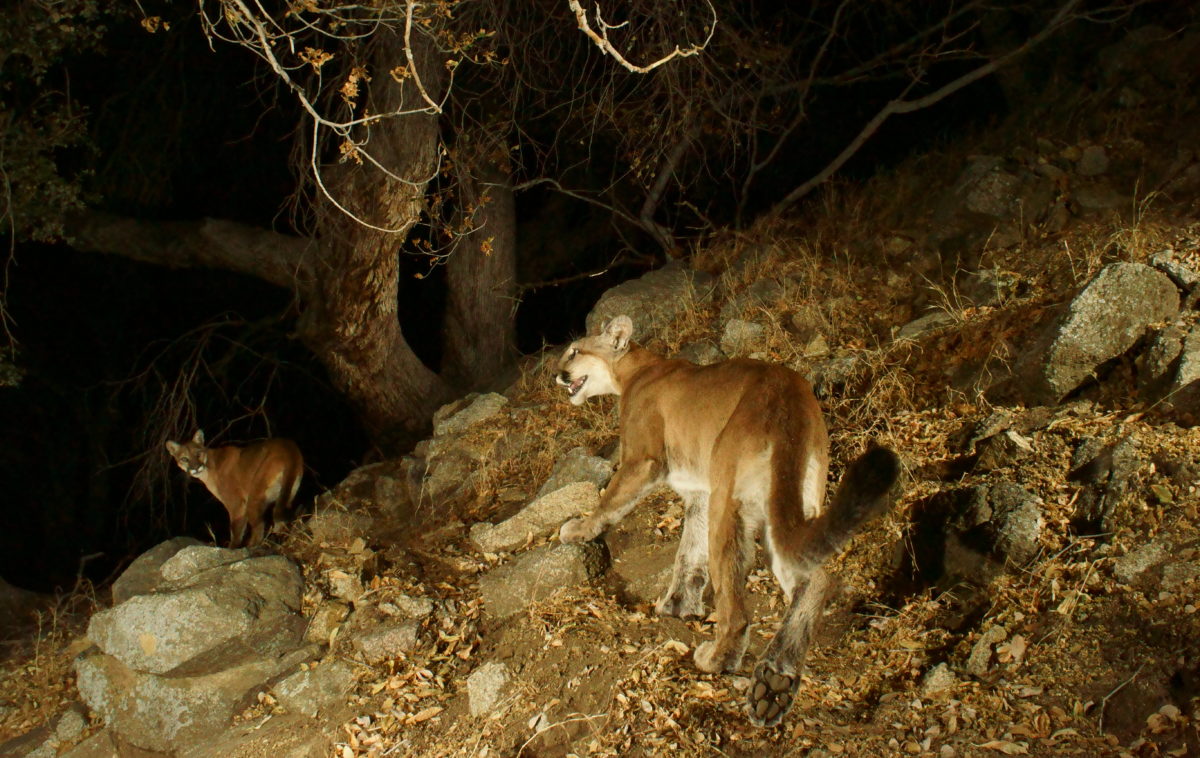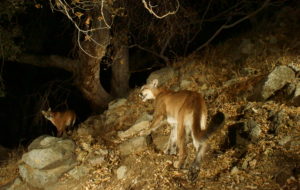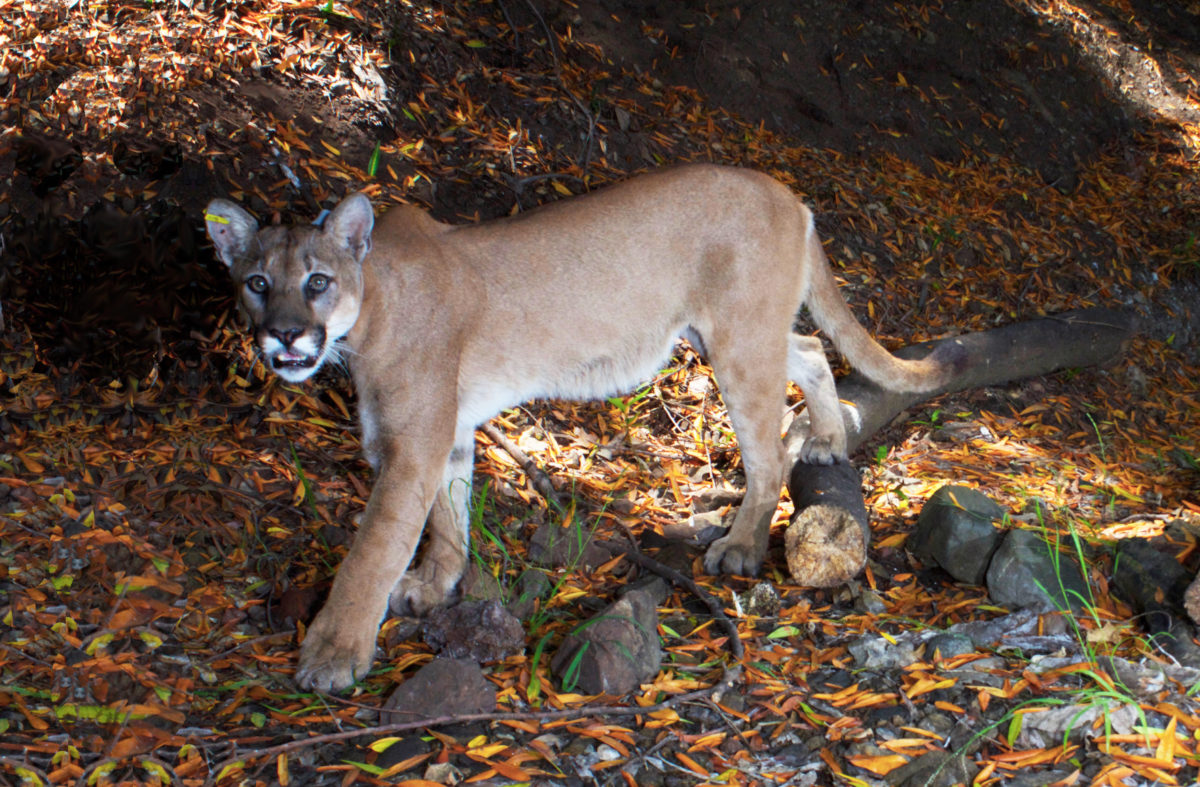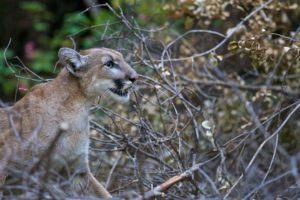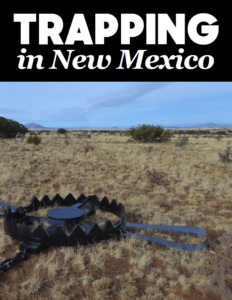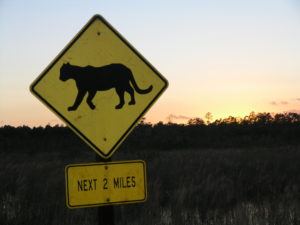 We wanted to share an update from the No Roads to Ruin Coalition of which we are a part. Along with the Coalition, we have actively been working to halt the development of the toll roads that would further fragment crucial habitat that Florida panthers and other wildlife rely on for survival.
We wanted to share an update from the No Roads to Ruin Coalition of which we are a part. Along with the Coalition, we have actively been working to halt the development of the toll roads that would further fragment crucial habitat that Florida panthers and other wildlife rely on for survival.“Campaign Update! No Roads to Ruin Steering Committee Statement on SB 100:
We are eternally grateful for all the time and effort No Roads to Ruin Coalition partners and individual activists have devoted to this cause. We honor them and their work to ensure a better future for Florida.
The No Roads to Ruin Steering Committee did not support SB 100 because the bill did not stop all of the roads at the heart of M-CORES. SB 100 moves our state in the wrong direction and leaves North Florida’s rural communities and natural resources at risk. Florida needs a 21st Century transportation policy that takes us away from new roads through environmentally sensitive areas and towards sustainable transportation alternatives. As such, with two of three toll road threats remaining, we cannot proclaim that its passage and expected signing by the Governor as a triumph.
Only two years ago many of the same Florida Legislators who supported SB 100 voted nearly unanimously to approve the three Roads to Ruin. The 2021 Florida legislature had the opportunity to fully repeal M-CORES with the introductions of SB 1030/HB 763. However, neither bill was ever heard in committee.
Removing the toll road that would have imperiled the Western Everglades and existentially threatened the Florida panther is a tremendous relief. With fewer than 230 Florida panthers remaining, protecting them and their habitat is critically important for their survival and recovery. Removal of an imminent Southwest Central Corridor helps with this fight.
What SB 100 does and does not do:
- Eliminates the M-CORES program but not all the Roads to Ruin included in the program.
- Eliminates the Southwest-Central Florida Connector in its entirety.
Keeps the Northern Turnpike extension on the books with a different timetable. - Does not eliminate the threat previously presented by the M-CORES Suncoast Connector.
- Provides US-19 north from the terminus of the Suncoast Parkway to I-10 as a way to replace the M-CORES Suncoast Connector.
- Includes the M-CORES task force recommendation of avoiding conservation lands with respect to upgrades of arterial highways, but only “to the greatest extent practicable,” and not specifically to the US 19 project.
- Frees up money once earmarked for M-CORES to be available for needed road projects throughout the state.This fight isn’t over.


